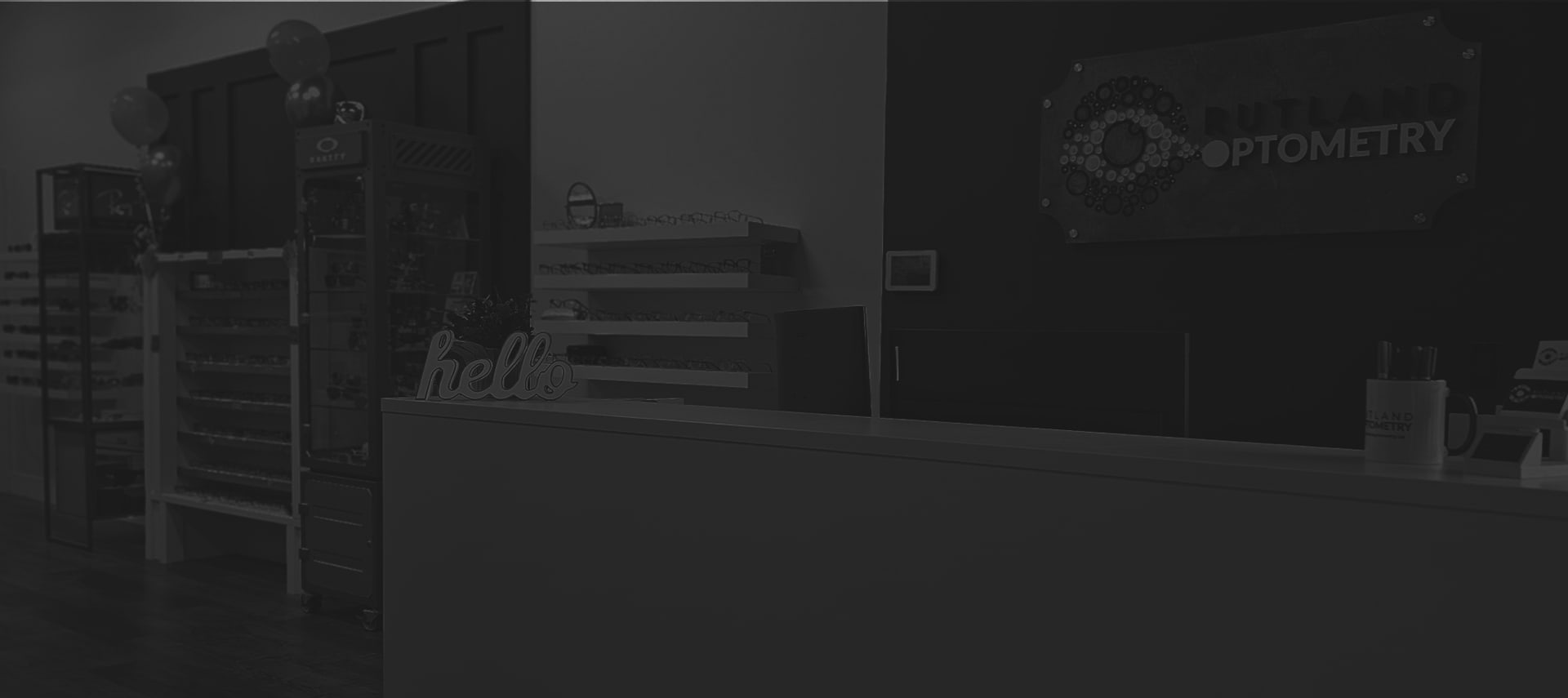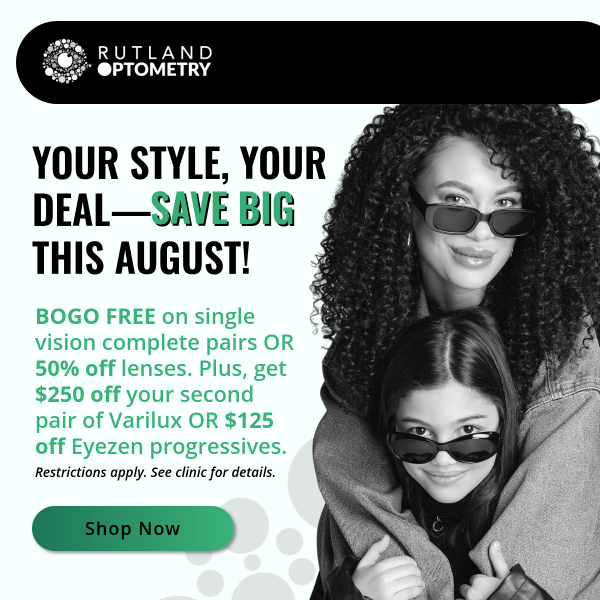Certain foods can negatively affect your eye health. While a balanced diet is essential for overall wellness, some foods may contribute to eye problems, including macular degeneration, cataracts, and dry eyes. Foods high in sugar and salt, processed or fried foods, and refined carbs are not good for your long-term eye health.
Knowing what to avoid can protect your vision and support eye function.
Food #1: Sugary Foods
Consuming too much sugar can affect more than just your skin clarity—it can also affect your vision. Diets high in sugar lead to spikes in blood sugar, which may contribute to the development of diabetic retinopathy. Diabetic retinopathy is a condition that damages blood vessels in the retina and can lead to blindness.
When you eat sugary foods like candies, pastries, and soft drinks, your body converts the excess sugar into fat, which can also increase your risk of developing cataracts. Over time, high sugar intake can weaken the capillaries in your eyes, causing long-term damage.
Food #2: Processed Foods
Highly processed foods, such as fast food and packaged snacks, are typically high in unhealthy fats and sodium, both of which can impact your eyes. These foods may increase your risk of developing cardiovascular diseases, which can affect blood flow to the retina, leading to vision problems.
Processed foods are often low in nutrients, and a diet lacking essential vitamins and minerals can contribute to conditions like macular degeneration and dry eyes. Regularly consuming processed foods may also accelerate the aging process of your eyes, leading to premature vision issues.
Food #3: Fried Foods
Fried foods are high in trans fats, which can raise cholesterol levels and increase the risk of eye diseases such as age-related macular degeneration (AMD). The unhealthy fats in fried items like French fries, fried chicken, and doughnuts can clog arteries, reducing blood flow to the eyes.
Moreover, fried foods can trigger inflammation in the body, contributing to eye conditions such as dry eye syndrome. Regularly consuming fried foods can hinder your body’s ability to absorb vital nutrients needed for eye health, such as omega-3 fatty acids and antioxidants.
Food #4: Salty Snacks
Excess sodium intake is harmful to the heart and eyes. High salt consumption can lead to hypertension, which reduces blood flow to the retina and optic nerve. Over time, this restricted blood flow can lead to vision problems and increase the risk of glaucoma.
Salty snacks like chips, crackers, and processed meats can also lead to fluid retention, causing swollen, puffy eyes. A diet consistently high in salt may exacerbate dry eye symptoms, dehydrating your body and eyes.
Food #5: Refined Carbohydrates
Refined carbohydrates, such as white bread, pasta, and pastries, are quickly broken down into sugar by the body, leading to blood sugar spikes similar to sugary foods. This can contribute to conditions like diabetic retinopathy, which affects the blood vessels in your eyes.
Additionally, a diet high in refined carbohydrates can increase your risk of developing AMD. Studies have shown that a diet rich in whole grains rather than refined carbs can reduce the risk of AMD and help preserve eye health over time.
Best Foods for Your Eye Health

While avoiding harmful foods is important, it’s equally essential to include beneficial ones in your diet. Nutrient-rich foods can support eye function and help prevent vision problems.
A diet high in vitamins, antioxidants, and omega-3 fatty acids can strengthen your eyes and reduce your risk of age-related conditions.
- Leafy greens: Rich in lutein and zeaxanthin, which help protect your eyes from harmful light exposure.
- Fish: Fatty fish like salmon and tuna are rich in omega-3s, which reduce inflammation and support retinal health.
- Citrus fruits: High in vitamin C, these fruits can help prevent cataracts and AMD.
- Carrots: Loaded with beta-carotene, a form of vitamin A that helps maintain good vision.
- Eggs: Contain lutein, zeaxanthin, and zinc, which are beneficial for eye health.
Other Ways to Promote Healthy Eyes
Beyond your diet, you can make other lifestyle changes to promote healthy eyes through every stage of life. These changes include:
- Wear sunglasses: Protect your eyes from UV rays.
- Quit smoking: Smoking increases the risk of eye diseases like AMD and cataracts.
- Take breaks from screens: Follow the 20-20-20 rule to reduce eye strain.
- Stay hydrated: Keep your eyes moist and prevent dry eye symptoms.
- Get regular eye exams: Early detection of eye conditions can prevent serious issues.
Discover Clear, Comfortable Vision in Kelowna
Taking care of your eyes starts with the right diet and lifestyle choices. Knowing about the proper food and nutrients for your eye health will empower you to make the right choices for your vision. If you’re concerned about your vision, the team at Rutland Optometry is here to help.
Contact us today to schedule an eye exam and explore ways to support your eye health.
















